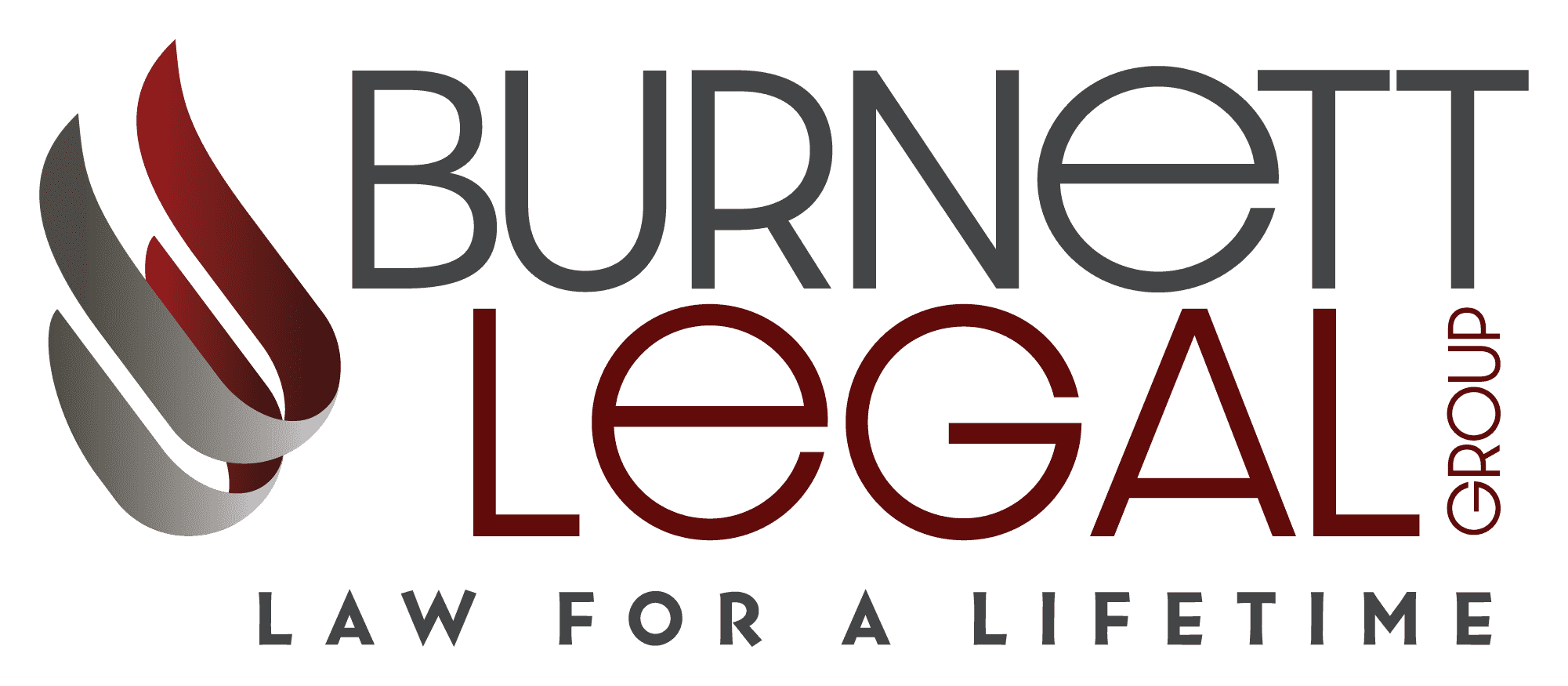The planning of your estate may seem like a daunting task. There are many areas to cover and for the average person, those areas are confusing. Your attorney can help decipher them so you feel comfortable. Some questions you may have:
1. Do I need to update my will? What types of changes in my life would cause me to have to update it?
2. What is a revocable living trust and do I need one?
3. Are my spouse and children taken care of if I died today?
4. How much of it is eaten up by estate taxes?
5. What about a living will or medical power of attorney? Am I giving away all of my control when I have them? Do I even need them?
6. What happens to my life insurance and retirement money? Are the beneficiaries for these documents subject to the terms of my will? Does this have to be in my estate plan?
7. Do I need a durable power of attorney and what control does this person have with my estate?
As you can see, there are issues that may be addressed. So, knowing you may have questions on the front end of the planning process, how do you know that the attorney that is helping develop your estate plan is trustworthy and honest?
The real answer is that for the most part, you may just not know. You have to do your due diligence when selecting an attorney for estate planning. To say all attorneys are honest, trustworthy and of high moral character is probably "gilding the lily", so to speak. Like any other profession, it really just depends on their track record and recommendations from those you may know about their aptitude. Thankfully, there are many ethical rules that affect your Estate Planner. Those rules will help you feel at least a little at ease with this selection process.
Client Confidentiality:
Attorneys have a Disciplinary Rule regulating client confidentiality. This rule discusses what an attorney can reveal pertaining to an estate plan referring to information protected by the attorney-client privilege under applicable law. Any information which would be embarrassing or would be likely detrimental to the client is fully protected.
Client confidentiality is important in all legal work, but it becomes of special importance in the estate planning area. Many times, adult children of a client will assume that they have the right to receive a copy of their parents will or discuss the particulars of their parent's estate plan with the attorney. This is not the case. As a general rule, an attorney should not divulge whether a person has even come to see him or her as a client regarding estate planning matters. It is up to the client to share his or her estate plan with the children or spouse if he or she chooses to do so.
Additionally, it is prudent not to give out the name of an estate planning client to a life insurance agent or financial planner without the consent of the client. If the client is in the market for insurance or would like to have their financial plan reviewed, the attorney may offer that client several names of different insurance agents or financial planners to choose from. Then, it is up the client to make the initial contact, unless they request that the attorney speak to the insurance agent or financial planner for them.
Conflict of Interest:
In the role of an estate planning advisor an attorney needs to ask themselves when preparing the documents: "Who is the client?" As stated above, under the section of client confidentiality, you need to insure that you keep the confidences and secrets of your client safe. This includes not discussing matters, without your client's permission, with the adult children, friends, insurance agents or financial planners. Sometimes an attorney is approached by a third party to complete the estate plan for someone else. For instance an adult child asks you to complete the plan for their parent(s) or the insurance agent or financial planner asks you to complete the plan for their client.
There is a rule on "Avoiding Influence by Others than the Client", providing that, except with the consent of the attorney's client after full disclosure, an attorney shall not:
A. Accept compensation for legal services from one other than the client.
B. Accept from one other than the client anything of value related to the representation of or employment by the client.
A subsection to the rule provides that an attorney shall not permit a person who recommends, employs, or pays the attorney to render legal services for another to direct or regulate the attorney's professional judgment in rendering such legal services.
This can be more difficult that you think. Sometimes, the adult child who contacted the attorney originally will want some type of plan done and certain bequests made, but when they meet alone with the parents this is not their wishes. The attorney needs to ensure that they don't discuss the parent's wishes with the adult child. Additionally, a referral may be given from an insurance agent or financial planner, and the estate plan they recommended may not be appropriate for the client. The attorney is put in the difficult position of needing to advise the client as to the correct plan, but may not want to make the insurance agent or financial planner that gave the referral appear to be incompetent. Long story short, the client is the first responsibility and the best interest of the client is paramount.
Client Competency:
When meeting with a client regarding the preparation of an estate plan, the attorney will assess if the individual has the required competency to execute the estate plan. This is usually done by the individual giving the attorney the names of their family members, what assets they have, and what they would like done with their estate. If a client has difficulty with this or appears to be having mental difficulties, the attorney may need to find out more information about their status before drafting the proposed estate plan. If there are any concerns about the person's competency, steps are taken to include witnesses present during the execution of the documents or at other meetings with the clients where there is discussion of the client's family, assets, and the proposed disposition. Then there would be other witnesses available to testify as to the persons competency in the event of a will contest. This may include having the client get a letter from their doctor stating that the individual has the required capacity to execute their estate plan in the event the client is particularly elderly or suffering from some known dementia or other mental difficulty. These steps are taken to protect the client in the case of the estate plan they have chosen is challenged.
Attorney's Fees:
The fees that an attorney charges for the preparation of an estate plan must be a reasonable fee for the services rendered. Basically, the rule states that "an attorney shall not enter into an agreement for, charge, or collect an illegal or clearly excessive fee."
A fee is clearly excessive when, after review of the facts, a lawyer of ordinary prudence would be left with a definite and firm conviction that the fee is in excess of a reasonable fee. All fees charged by an attorney are by agreement. It is necessary to discuss the fees to be charged to the client with the client. The agreement may be written or oral, but the client must know what the agreement is. An attorney may bill hourly for the services. However, many attorneys provide a flat fee for preparing estate planning documents. Do some research and check with other attorneys in the community to see what others are charging to determine if the rates being charged are appropriate.
Attorneys very rarely practice in all areas of the law. A good rule of thumb is to ask an attorney what percentage of their practice is devoted to a particular area of law. If the practice has a significant percentage in estate planning, you can rest assured that they are following the rules. Call Burnett Wilson Law at (402) 810-8611 or contact us online to schedule a free consultation.

